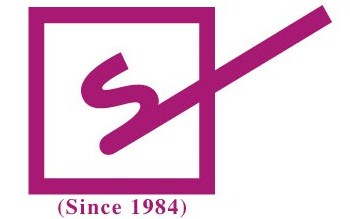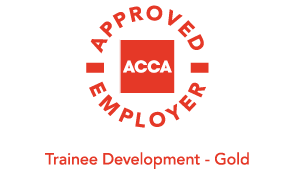Value Added Tax
VAT
Value Added Tax ( or VAT ) is being implemented in all GCC countries. UAE shall be introducing VAT from 1st January, 2018
VAT is an indirect tax. Occasionally you might also see it referred to as a type of general consumption tax. In a country which has a VAT, it is imposed on most supplies of goods and services that are bought and sold.
VAT is one of the most common types of consumption tax found around the world. Over 150 countries have implemented VAT (or its equivalent, Goods and Services Tax), including all 29 European Union (EU) members, Canada, New Zealand, Australia, Singapore and Malaysia.
VAT is charged at each step of the ‘supply chain’. Ultimate consumers generally bear the VAT cost while Businesses collect and account for the tax, in a way acting as a tax collector on behalf of the government.
A business pays the government the tax that it collects from the customers while it may also receive a refund from the government on tax that it has paid to its suppliers. The net result is that tax receipts to government reflect the ‘value add’ throughout the supply chain.
- - VAT will be applicable on local and import of goods.
- - VAT will be refunded on Exports provided VAT paid on the purchase of goods.
- - VAT registration is expected to begin from last quarter of 2017.
- - VAT registration mandatory for entities whose annual turnover > AED 375,000 (USD 100,000)
- - A single registration for group companies.
- - Online Quarterly returns to be filed by the company whose Annual Turnover exceeds AED 375,000.
- - Documentation such as Purchase Invoice, Sales Invoice, etc are to be kept for 5 years for VAT Audit.
- - Proforma invoice is also considered as invoice and VAT will be levied on the same. In this case VAT will be applicable on the advance payments.
- - ERP system to be modified to accommodate all changes such as Purchase Order, Sales Order, Delivery Notes, Purchase Invoice, Sales Invoice, etc will require VAT code.
- - Primarily 2 VAT Rates are applicable i.e. 5% and 0%. In both cases, VAT return is compulsory as mentioned above.
- - Some sectors such as Education, Healthcare, Financial Service sector will be exempted.
- - Food items may have VAT. However 94 food products are expected to be zero rated VAT initially.
- - Financial Services are bit complicated area as Fees based product will be subject to VAT whereas Margin based products are expected to be exempt.
Sangani and Company personnel have worked/been trained in various audit firms/industries in India and have experience in providing VAT related services to the clients and shall be personally led by the partner based on his experience working in India, Dubai (KPMG) and USA (PwC).

